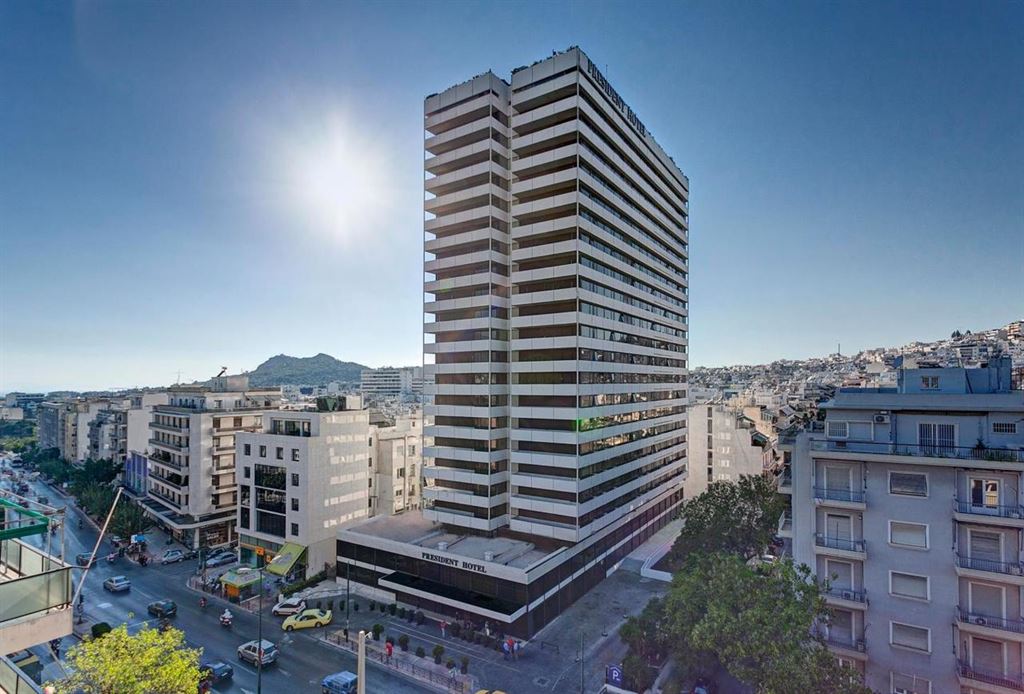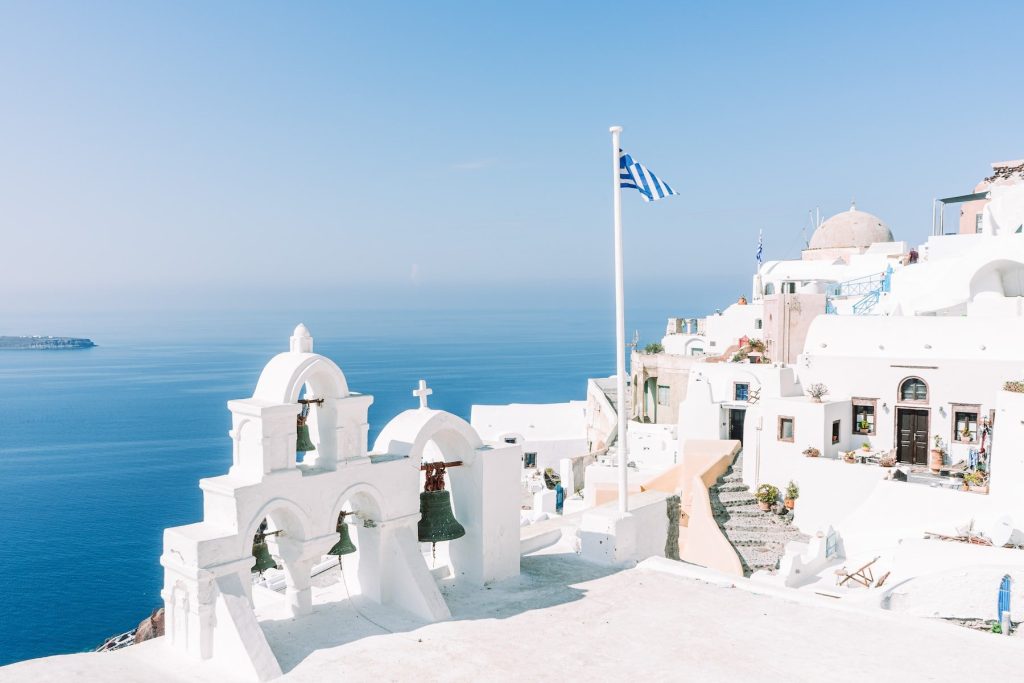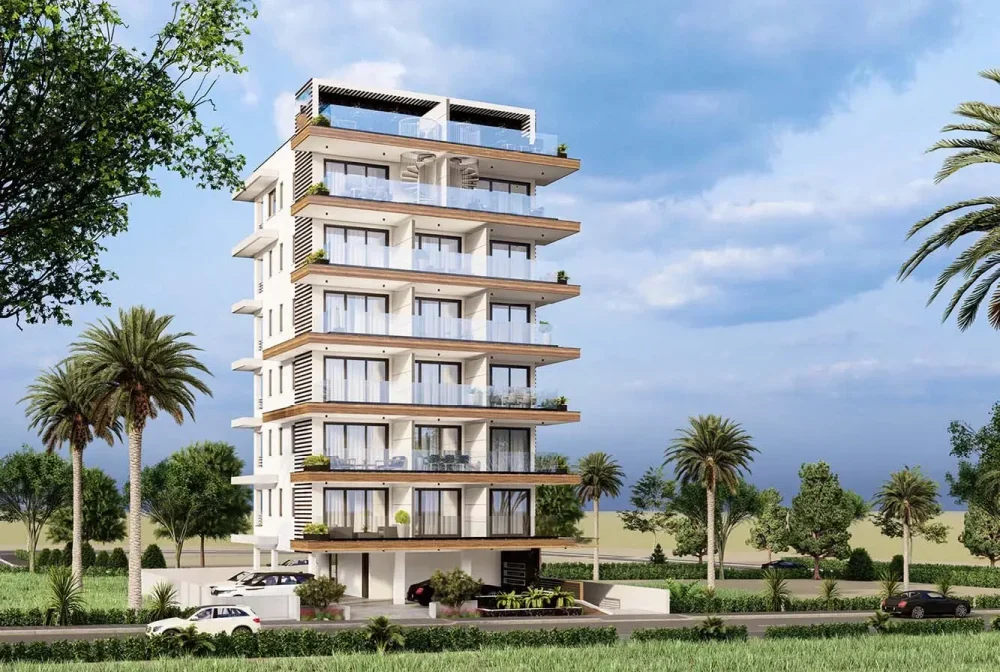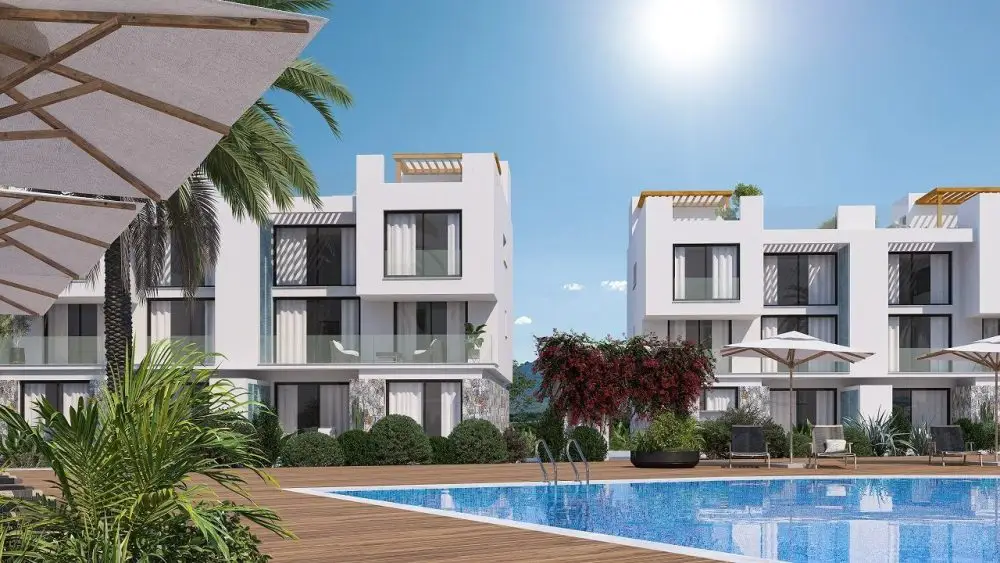Not every asset can work while the owner sleeps. Property in Athens can. It is such an investment that triggers the mechanism for obtaining a “golden visa” for Greece – one of the most stable residence permit programmes in Europe. Since 2013, the country has approved more than 30,000 applications, opening the door to the Schengen zone to investors from 90+ countries. It is not just a pass to the EU, but an instrument of strategic flexibility.
Basic conditions of the programme: who can receive it and for what investments
The programme grants a residence permit for a 5-year renewable period. The minimum entry threshold for participation is from 250,000 euros in real estate. From 2023 in some areas of Athens, Mykonos and Santorini – already from 500,000 euros. Despite price increases in certain areas, the starting amount of €250,000 has remained unchanged since 2013 for most regions, making the scheme one of the most affordable among EU programmes.
Greece’s “Golden Visa” is not just for the investor. The residence permit is extended to the family – spouses, children under 21 and parents of both parties. There are no additional payments and no additional investments.
Full list of investor and facility requirements
 To obtain a residence permit under the Golden Visa programme, a number of legal, financial and technical conditions must be met, each of which is checked by the authorised structures before and after the purchase of the property. The programme does not require mandatory language skills, examinations or prior residence, but it does have clear requirements:
To obtain a residence permit under the Golden Visa programme, a number of legal, financial and technical conditions must be met, each of which is checked by the authorised structures before and after the purchase of the property. The programme does not require mandatory language skills, examinations or prior residence, but it does have clear requirements:
- investment from €250,000 in property (subject to regional variations);
- Having a legal income that proves the ability to make the investment;
- No criminal record of the main applicant and adult family members;
- International health insurance covering the stay in Greece;
- the property must be habitable (even if there are no plans to move);
- The sale and purchase transaction must go through a Greek notary with the obligatory verification of the cleanliness of the property;
- funds for the purchase must be transferred from the applicant’s personal account;
- the title must be registered in the mortgage registry.
Compliance with all these conditions guarantees the legality of the status and excludes the risks of cancellation.
The process of registration: from selection to obtaining a residence permit
The residency programme through investment is strictly according to the scheme. The procedure is clear: if all the requirements are met, the residence permit is issued in the shortest possible time. The step-by-step structure eliminates bureaucratic delays and ensures the legality of each stage.

Process steps:

- Opening a Greek bank account (possible remotely or through a proxy).
- Property selection (taking into account the minimum investment threshold and regional peculiarities). Prices in the suburbs of Attica, for example, start at €2,200 per square metre.
- Due diligence of the property and purchase. The registration goes through a notary, check the cleanliness of the object – mandatory.
- Collection and submission of documents for residence permit. You will need a standard package:
- passport;
- sales contract;
- A bank statement confirming the transfer of funds;
- proof of payment for the transaction;
- health insurance;
- photos;
- proof of residence (address in Greece, even if formal). The document package is simple but will require translations, notarisation and apostille. The documents can be submitted in Greece or through the consulate.
- Passing biometrics. It is obligatory to be present in person at least once when submitting documents.
- Obtaining a residence permit. Temporary residence permit is issued in 20 days after submission, while the main document is usually issued within 2 months.
The transparency of the procedure and standardised requirements simplify preparation, especially when accompanied by a professional lawyer.
Advantages of the Golden Visa of Greece
There are quite a few of them:
- Freedom of movement within Schengen. The residence permit allows you to live, enter, leave and travel in Schengen countries without restrictions.
- There is no mandatory residency requirement. The programme does not oblige the investor and his family to actually reside in Greece. This also means that there is no automatic tax residency (unless residing for more than 183 days per year).
- Family inclusion. Status applies to spouses, children under 21, and parents of both parties with no additional investment.
- Comparatively low threshold of entry. The threshold of €250,000 makes the programme one of the most affordable in the EU (subject to regional variations).
- The opportunity to live, study and use services in the EU. A residence permit allows you to stay in the country legally, rent accommodation, use health care and open accounts in EU banks.
- Investment growth potential. Introduction to the Greek property market, which is showing steady growth.
- Pathway to Citizenship. Possibility to apply for citizenship after 7 years of legal residence in the country.
- A simple renewal scheme. The residence permit is renewed every 5 years if the investment (property) is maintained.
Limitations and important nuances
It is imperative to take them into account:
- Lack of access to employment. The residence permit does not entitle to employment. It is allowed to run a business or be a shareholder in Greek or European companies.
- Increase in property values in the most popular and investor-demanded areas (e.g. Athens city centre, Mykonos, Santorini), where the minimum threshold is higher.
- The opacity and nuances of renting in tourist areas may require professional management.
- Mandatory filing of documents through a notary increases the total cost of the transaction.
- Difficulties in opening a bank account may arise for citizens of some countries, including CIS countries, which requires the involvement of specialists.
- Children lose their residence permit status once they reach the age of 21, unless additional steps are taken to maintain their status.
- To apply for citizenship, actual residence in Greece (more than 183 days per year) for 7 years is required, as well as language skills and integration.
Real estate in Greece as an investment instrument
The Greek property market has shown steady growth, especially in recent years. Athens has seen significant price growth (+12% for 2023). In resort areas, properties can generate rental income of up to 7-9% per annum if well managed. Properties of 60-80 m² in areas adjacent to the centre of Athens (e.g. Marousi or Piraeus) remain the most popular among investors seeking a “golden visa”.
If the property is resold after 5 years, it is allowed to return the investment without losing the right to a residence permit. However, early sale of the investment property before the expiry of 5 years cancels the residence permit status for the whole family.
Taxes and tax residency in Greece
Financial planning under a Greek residence permit requires an understanding of the local tax system. It is important to distinguish between having a residence permit and being a tax resident. Tax residency generally occurs when you live in the country for more than 183 days per year.
Non-residents are taxed on rental property income in Greece on a progressive scale:
- up to €12,000 of annual income – 15%;
- from €12 001 to €35 000 – 35%;
- over €35,000 – 45%.
Property in Greece is also subject to an annual tax (ENFIA). The rate depends on the type of property, its value and location, averaging between €3 and €5 per m² nationwide, but may be higher in central or prestigious areas of Athens and on the islands.
Residence permit validity period and renewal
The first residence permit obtained under the Greek Golden Visa programme is valid for 5 years. In order to extend it for the next 5 years, it is necessary to maintain the investment, i.e. to own the purchased property.
An important nuance: children who have obtained a residence permit together with their parents lose their status after reaching the age of 21, if no action is taken to formalise a separate basis of stay for them.
The path to Greek citizenship through naturalisation via a “golden visa”
Although the Golden Visa itself does not automatically entitle you to Greek or EU citizenship, it does open this possibility. It is possible to apply for naturalisation (citizenship) if you have resided in the country for at least 7 years.
Successful acquisition of citizenship requires not only compliance with the residency requirement (residence for more than 183 days per year), but also demonstration of integration: payment of taxes, knowledge of the Greek language (confirmed by examination) and general knowledge of Greek history and culture. Passports can also be obtained by the investor’s family members, including adult children, if they also fulfil these requirements (primarily residency and language skills).
Greece’s “Golden Visa” in the EU context: comparison with other programmes
Obtaining a Greek residence permit under the investment programme is not an emergency escape, but a planned strategy to ensure mobility and security. “Golden Visa” offers a balanced option for those who seek to secure capital, gain freedom of movement within Schengen and have a “reserve airfield” in the EU.
The programme compares favourably with some of its counterparts elsewhere in Europe:
- the speed of processing and flexibility of requirements are superior to programmes in Portugal and Spain (especially before the recent changes in these countries);
- Unlike Malta, Greece does not require non-refundable payments to public funds;
- the Greek programme does not require a permanent or long-term stay in the country, unlike the programmes of Latvia or Bulgaria (although residence is required for citizenship).
The Greek state has steadily maintained its place among the top three EU countries in terms of the number of “golden visas” issued. There has been a steady increase in recent years, with over 2,800 applications in 2022 and around 4,000 in 2023. The main flow of investors comes from citizens of China, Russia, Turkey, Egypt and Lebanon, but interest from applicants from Eastern Europe is also growing.
Greece’s “Golden Visa”: the essentials
 “Greece’s Golden Visa is a powerful tool for strategic flexibility and security. With the right approach, property investment generates income, greatly simplifies international logistics and provides a secure base in the European Union. Despite the rising entry threshold in certain regions, the programme remains highly popular due to its simplicity, transparency and predictability. These are the key parameters for those who are building a long-term architecture for their financial and personal security.
“Greece’s Golden Visa is a powerful tool for strategic flexibility and security. With the right approach, property investment generates income, greatly simplifies international logistics and provides a secure base in the European Union. Despite the rising entry threshold in certain regions, the programme remains highly popular due to its simplicity, transparency and predictability. These are the key parameters for those who are building a long-term architecture for their financial and personal security.
 en
en  de
de  ar
ar  es
es  nl
nl  hi
hi  fr
fr  it
it  pt
pt  el
el 









